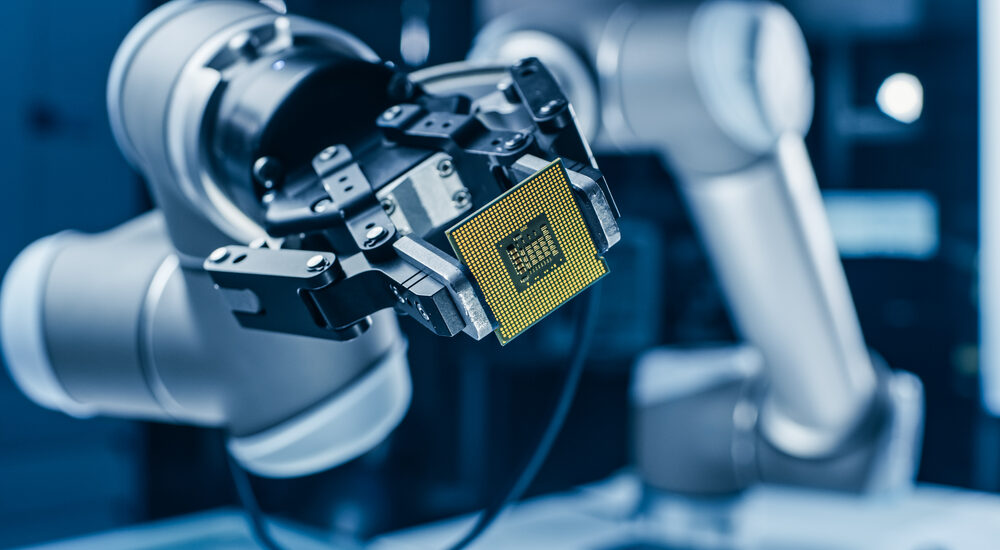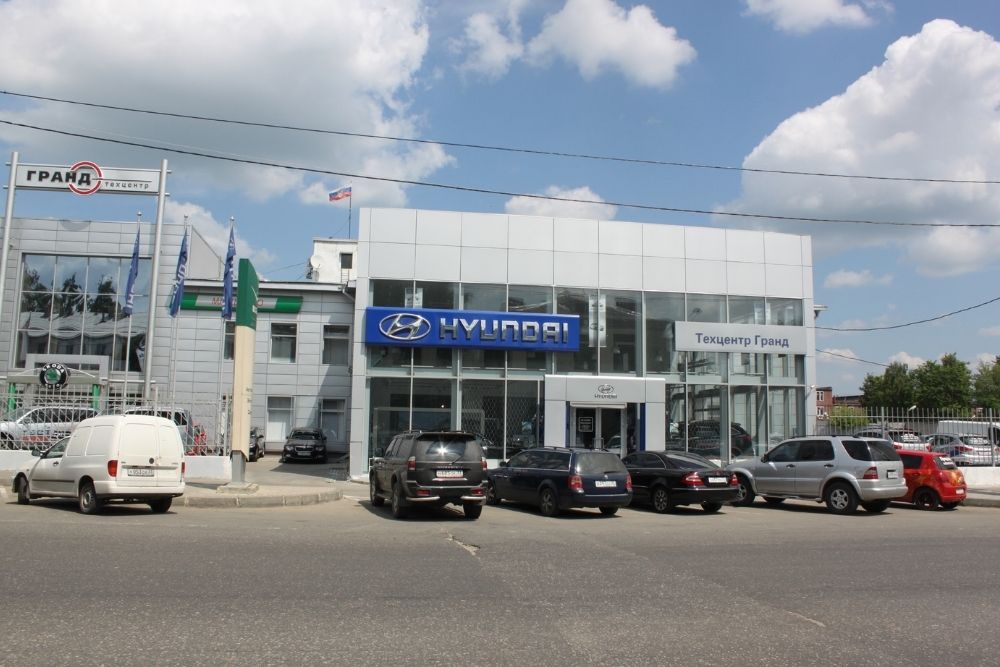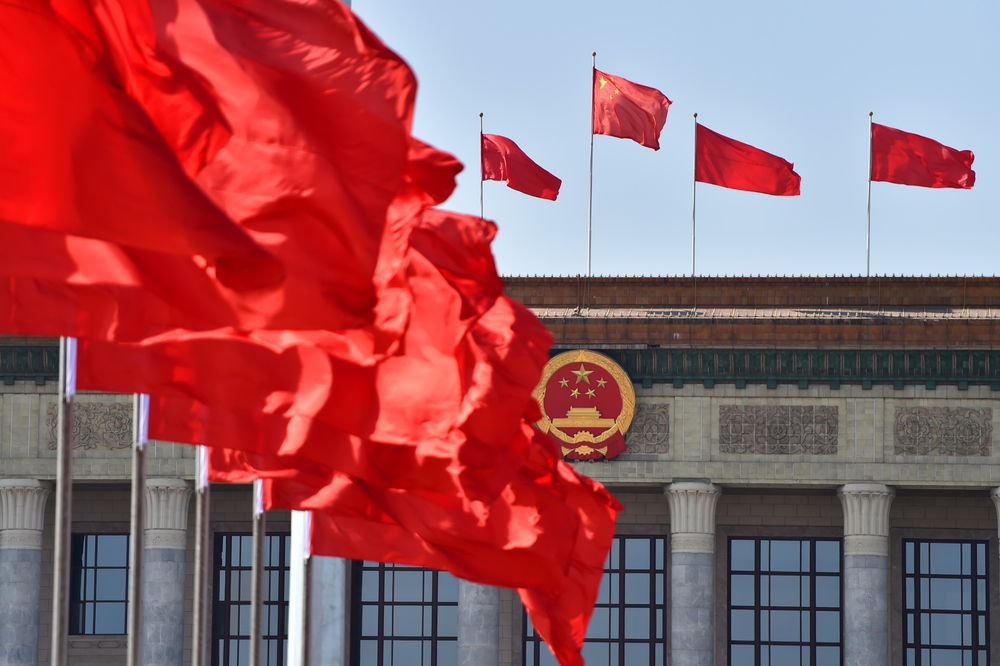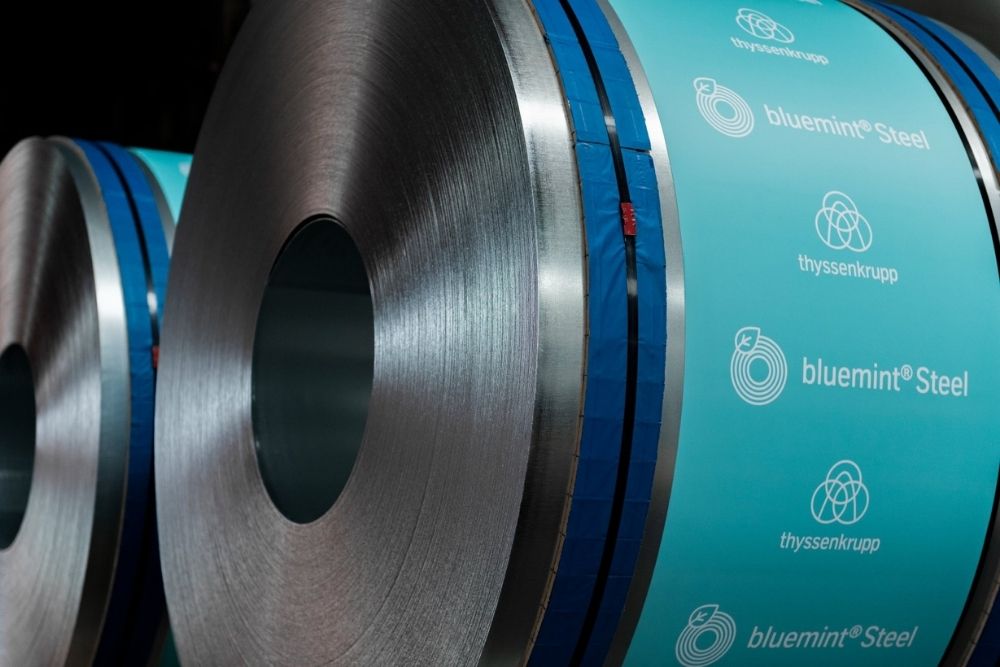Arm’s China connection jeopardizes success of U.S. IPO
- August 23, 2023
- Posted by: Quatro Strategies
- Categories: AI & Semiconductors, China, Sanctions & Regulation, United States

The impending initial public offering (IPO) of Arm Holdings, a semiconductor technology firm, has brought to light the intricate and challenging relationship it holds with China, its second-largest market. According to filings published ahead of its IPO, about 24.5% of Arm’s total revenue in the fiscal year 2023 came from China, primarily through Arm China, an autonomous entity vested with exclusive rights to distribute Arm’s technological solutions within the country.
Arm China plays a crucial role in Arm’s financial landscape, being its largest customer, even surpassing well-known names such as Apple and Qualcomm. However, Arm China’s contribution to Arm’s revenue comes with certain complexities and risks. The entity has a track record of delayed payments, posing potential disruptions to Arm’s business operations. The IPO filing itself underscores the “significant risks” that Arm China’s practices pose to Arm’s business.
While Arm’s public offering is anticipated to inject vitality into the U.S. IPO market, which has observed a marked decline in capital raised this year, it’s also important to consider Arm China’s challenges and implications on Arm’s future prospects. Originally established in 2018, Arm China was created when SoftBank divested a 51% stake in Arm’s Chinese subsidiary, Arm Technology (China) Co Ltd, to a consortium of Chinese investors led by Hopu Investments.
The journey of Arm China has been marked by intricate boardroom struggles and internal disputes. Initially managed by Allen Wu, a long-serving Arm executive, the entity saw his removal by SoftBank due to allegations of conflicts of interest. Wu, however, contested the allegations, leading to a series of lawsuits between him and Arm, some of which have been resolved while others remain ongoing.
Arm’s effective stake in Arm China stands at 4.8%, achieved through a 10% stake in an intermediary entity named Acetone, which itself owns 48% of the Chinese subsidiary. Chinese investors, including Hopu Investment, control a considerable stake in Arm China, raising questions about the level of control and influence these shareholders wield over its operations.
Arm China’s primary revenue streams stem from its dual business segments: the distribution of Arm’s intellectual property (IP) and the sale of its own lower-end IP designs. While the exact breakdown of Arm China’s business proportions is not disclosed in Arm’s filings, analysts believe that IP distribution constitutes the lion’s share of its revenue. However, this distribution aspect is grappling with the impact of U.S. sanctions, which restrict the sale of advanced technology to China. This restriction has cost Arm at least $63 million in royalty revenue during its most recent fiscal year.
Despite the challenges, Arm’s efforts to bridge the gap in its finances have resulted in an increase in cash from operating activities. The company’s filings indicated that operating cash flow surged by $281 million in the latest fiscal year, mainly due to $713 million in collections from Arm China. However, this was partially offset by the cash owed to Arm China.
Arm’s impending IPO has sparked renewed interest in its business operations, including its intricate relationship with Arm China, which contributes significantly to its revenue. The IPO’s success may hinge on addressing the concerns and complexities associated with Arm China’s operations, which are entwined with the challenges posed by U.S. sanctions and the evolving landscape of China’s tech market.
Interested in learning more?
Sign up for Top Insights Today

Top Insights Today delivers the latest insights straight to your inbox.
You will get daily industry insights on
Oil & Gas, Rare Earths & Commodities, Mining & Metals, EVs & Battery Technology, ESG & Renewable Energy, AI & Semiconductors, Aerospace & Defense, Sanctions & Regulation, Business & Politics.



